Occupational fraud, i.e., workplace fraud, isn’t a victimless crime. In fact, a 2018 report from the Association of Certified Fraud Examiners found that the median loss for US-based businesses is approximately $108,000 annually. Although there are several different types of fraudulent activities that constitute occupational fraud, for this blog, we’re going to focus on asset misappropriation.
What is asset misappropriation fraud?
Simply stated, asset misappropriation fraud happens when people use a company (or its assets) for personal gain. For example, in January of this year police in Saskatoon, Canada arrested a man who was accused of stealing roughly $1.1 million in merchandise from his employer during his 5-year tenure with the company. The criminal complaint further alleges the man was selling the stolen merchandise for personal profit.
In other instances, asset misappropriation fraud happens when employees “pad” their expense reports.
According to a press release from the US Department of Justice, in July 2017, a 53-year-old physician pleaded guilty to “four counts of mail fraud arising from a multi-year scheme to unlawfully obtain travel expense reimbursements from his former employer, the Johns Hopkins University School of Medicine. According to his plea agreement [the defendant] made material misrepresentations and omissions in travel expense statements that he submitted or caused to be submitted to the JHU-SOM, for the purpose of obtaining travel expense reimbursements to which he was not entitled.”
Signs of possible expense report fraud
If your employees have expense accounts, below are just a few of the things you’ll want to look out for:
- Employees that routinely spend more than others. For example, let’s say you have two sales employees that work from home. They work in the same city and their travel needs are close to identical. If Jim Smith expensed $4,000 last month, but Jane Smith only expensed $2,000, it may be worth taking a closer look at Jim’s expense report.
- You get an expense request for an airline ticket, without the airline receipt. Requiring flight receipts will ensure that employees aren’t booking a second flight for a spouse on the company dime.
- If your company has a set daily per-diem for food expenses, and you’ve been clear that staff members cannot expense alcoholic beverages, be suspicious of non-itemized restaurant receipts.
For more information about how occupational fraud works and/or the warning signs, you should look out for, be sure to speak to a licensed tax professional that you trust.



